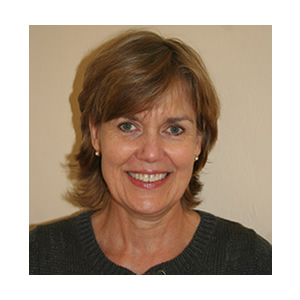“Balance is a process of continuous integration.” Philip Shepard
(p. 431 in New Self, New World).
Built into our biology are mechanisms of mind which continuously assess value (+ or -) to our experience. The biological necessity of such mechanisms is obvious: we are designed to survive. To assign value (+ or -) allows us to make decisions in childhood, (the most vulnerable time period) that support our physical or psychological survival. For example, Mom is angry. We assign a value (- or +) and therefore we engage in specific behaviors which support our understanding of what we need to do to feel safe/survive. Assessment informs our action: we move toward + and away from -.
There can be no balance in adulthood, if we follow our value- ladened thoughts and beliefs which developed when we were young. But how do we tackle our biology-the propensity to label good/bad to everything we experience?
Moving Beyond Survival
Yes, we want to survive, but is there an additional way we may perceive that is not derived from our learned appraisals (+ and -) coming from childhood? Our current assessments are based on lessons/knowledge coming from the first 20 years of life, when we were taking in experiences, based on significant limitations of power and cognitive and/or traumatic experience. To maintain the same assessments as adults, is to stay as powerless as a child, as reactive as a child, as needy as a child, and as helpless as a child.
Experiencing something for what it is, rather than for the value we place on it, removes our conditioned history from our vision. For example, our view of others would be infused with balance as we would no longer view another through the lens of + or -. “I’m mad because you’re not doing this for me” would be replaced by “there you are, as you” (i.e seeing you for you rather than seeing you for me). Or, it’s raining outside-automatic reaction “oh bummer it’s raining (-) and then an experience that today is not as good as another non-rainy day (+). The assessments happen so quickly-we rarely notice their driving force. Without assessment, we give ourselves the chance to experience a bigger picture-one that takes in everything, leaving you standing firmly in equanimity rather than continuously moving toward (+) or moving away (-) from experiences.
Balance is about letting go of our assessments and living from a place that is beyond what we THINK. Balance is groundedness as you take in the wholeness of an experience. Balance is freedom to fall, to move around a bit, to rise, and to fall again without labeling any of it. Balance is letting go of what you know and existing at the edge of this moment, without an agenda. Balance is not wanting this or that, being pulled here and there by assessments, but standing maybe like a tree, in the movement of “continuous integration.”
 Beth L. Haessig, Psy.D. is a licensed psychologist, a certified body-centered psychotherapist, and a certified yoga therapist. She is the former president of the United States Association for Body Psychotherapy. She works privately with children, in schools and in an urban hospital as an integrative health psychologist. www.bethhaessig.com for more information
Beth L. Haessig, Psy.D. is a licensed psychologist, a certified body-centered psychotherapist, and a certified yoga therapist. She is the former president of the United States Association for Body Psychotherapy. She works privately with children, in schools and in an urban hospital as an integrative health psychologist. www.bethhaessig.com for more information







